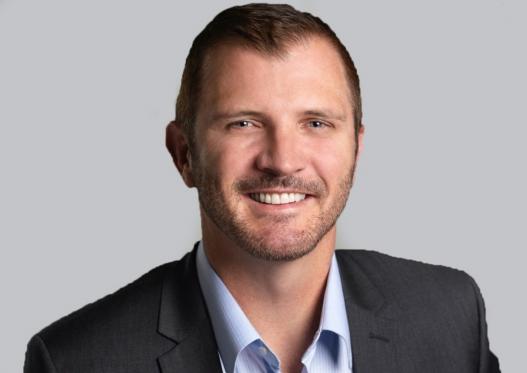Investing in your skills and networks will help recession-proof your career, according to Joy of Money authors Kate McCallum and Julia Newbould.
That was just one of the many takeouts from FINSIA’s webinar looking at maintaining your finances through the COVID-19 recession.
With fears almost one-in-10 could be out of work at Christmas, individuals need to focus on avoiding being on the wrong side of that statistic.
Award-winning financial adviser Kate McCallum says building up human capital is crucial.
“You should continue to build your capability - your human capital, which has a lot to do with your education.
“I’m very passionate about this - as you can see with my involvement with FINSIA.
“Making sure that you maintain not just your mandatory education, but also look for what are the skills that are going to be valued in the future.”
Kate, who holds post-graduate qualifications in Commerce, Applied Finance & Investment, and Financial Planning, added: “How do I actually make sure that I can build this sustainable employment?
“Importantly, this is not always about getting the biggest salary. It’s about being able to stay employed and attractive as an employee for the longterm.
“It's about skilling, it's about, I believe, being part of a growth industry.
“In financial services all of us who are here are automatically in a growth industry, which is really attractive.”
Project work and a broader base of skills that increase value to an organisation is also important.
"Even if there's redundancies in a certain area, that you've got the opportunity to hop into another area,” said Kate.
“Again FINSIA is obviously important in terms of the education component of that.
“People get very, very focused in times like this on being frugal and saving money.
"But if you think about it, even if you're really good at saving and you can save 10% or 20% of your expenses, that could be let's say $10,000 or $20,000.
“If you can really, really ramp up your human capital, that's got enormous upside. In fact, it's got unbelievable upside in the additional income that you could earn over your lifespan.
"So I always encourage people to be conscious about cashflow, but also make sure you're thinking about the upside as well.
“The upside is often far greater on the human capital side.”
Money Magazine Editor-at-large Julia Newbould highlighted the importance of networking, adding: “Making sure that you have enough networks and for women who we're primarily writing for, it's important to have networks of men and women to understand where everybody fits and what everybody's earning and what your true value is.
“It’s also important to just get around and meet people and know where the jobs are and where the future is.
“I think we tend to put our heads down at times like this and get on with the jobs we've got to do.
“We've got to be outward looking as well so that we do not miss any opportunities.
“Organisations such as FINSIA are so important to keep connected into so that you always got people who can help.
“If your job looks like it's coming to an end, make sure you are reaching out to people who know you and know what your skills are. Because it's surprising how many jobs never get advertised or how many positions are filled without any formal job ads. It's a matter of who is front and centre at that time quite often that could fill that role.
“Make sure that you're always reaching out and that you're helping other people because you build your network. It helps you in the end.”








